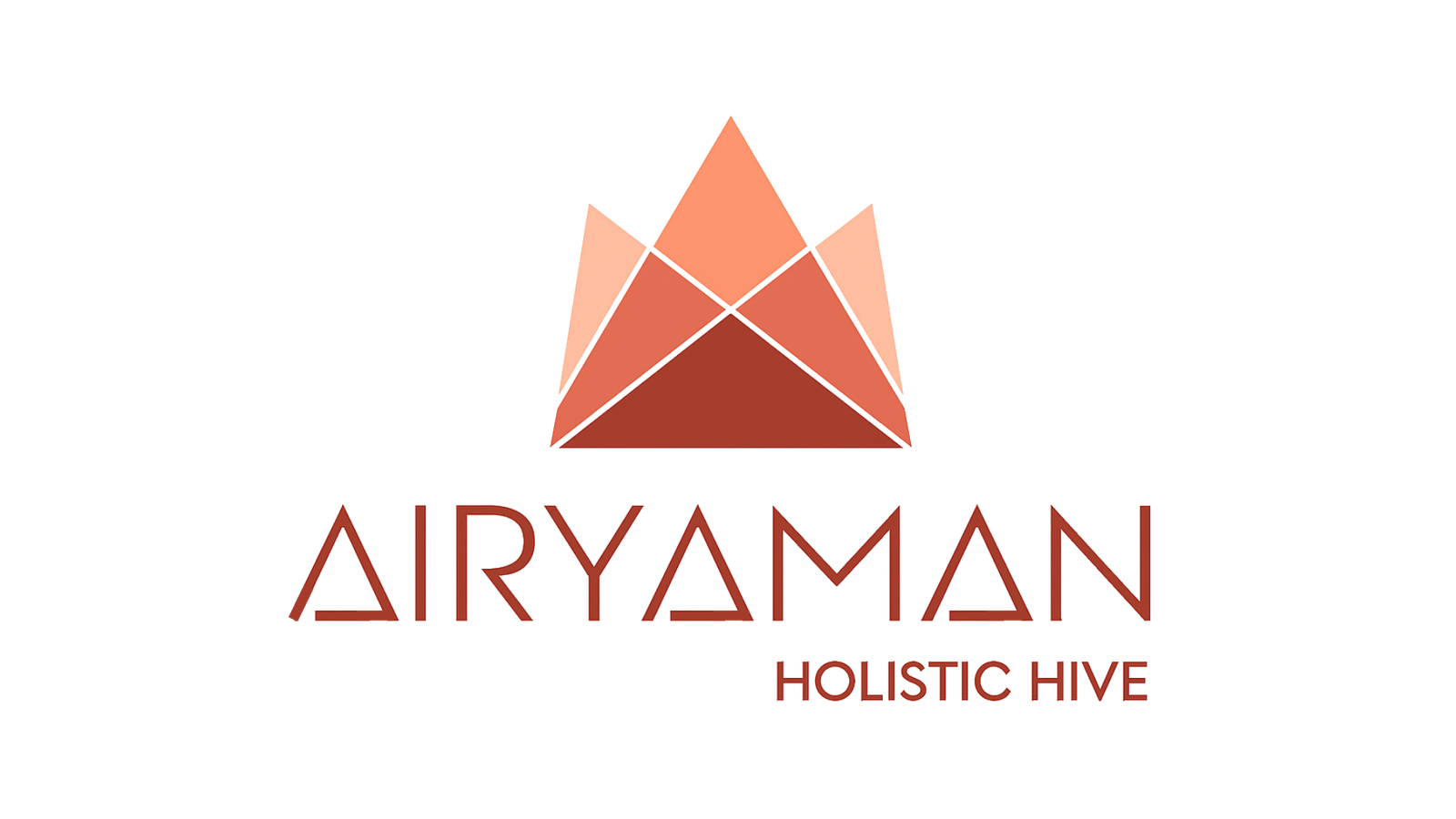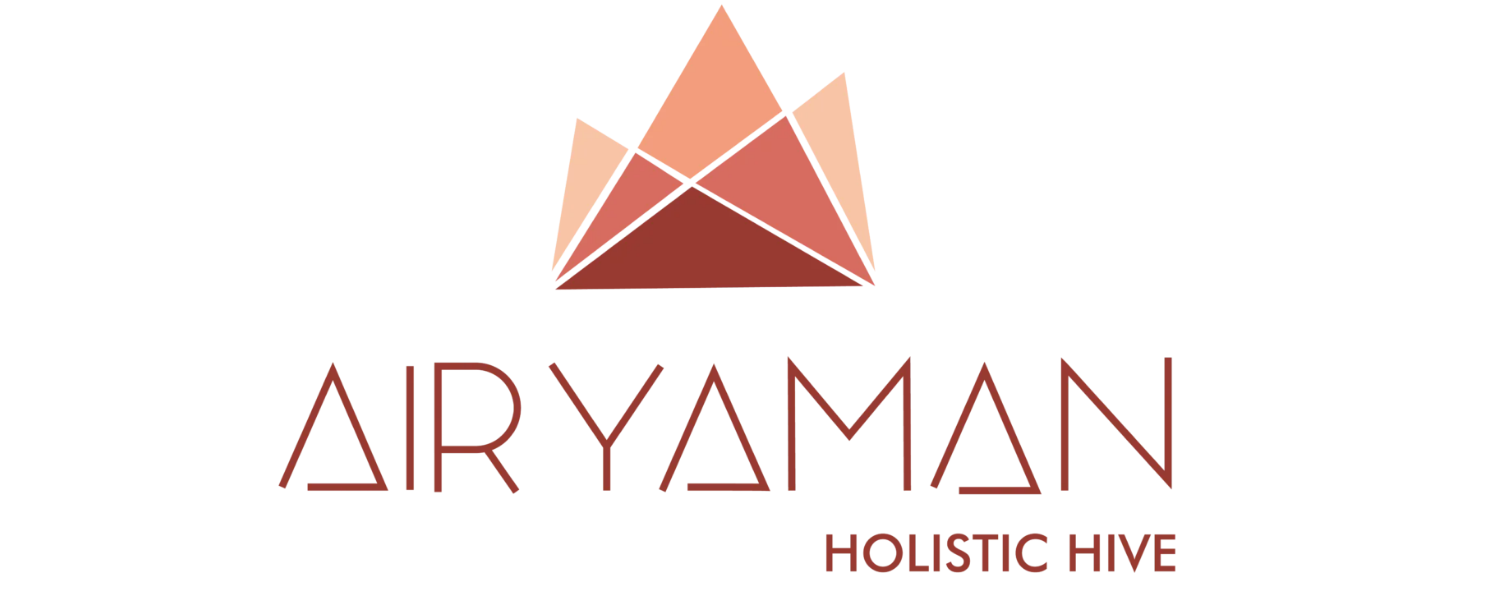Treatments
ENT & Sensory Disorders
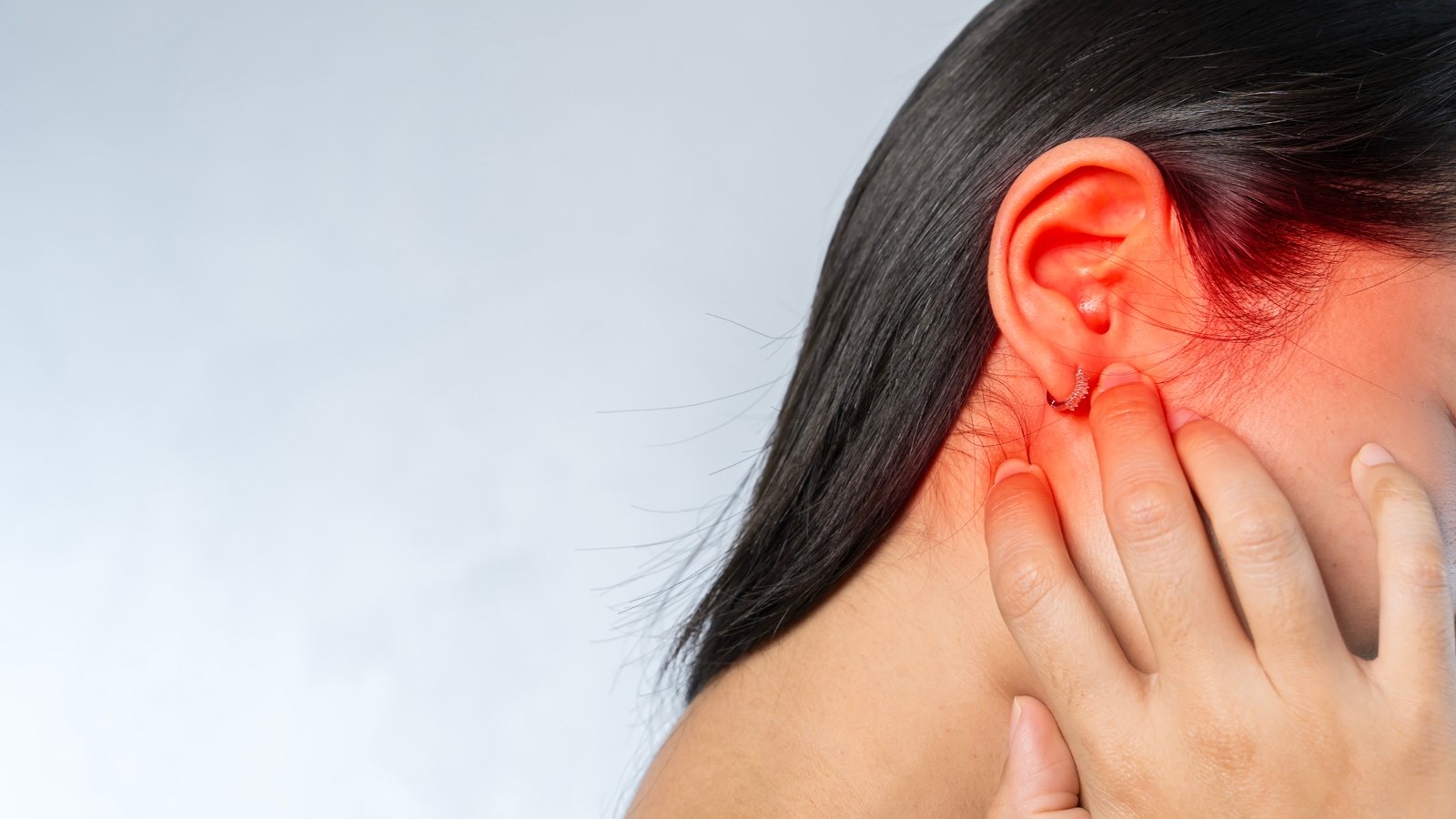
Chronic ear infections
Optic nerve weakness in Unani medicine is linked to a disturbance in the brain’s temperament and accumulation of harmful substances affecting the optic pathway. Treatment includes strengthening the brain and nerves through Muqawwi A’asab (nerve tonics), use of herbal formulations, improving blood circulation, and regimental therapies like Hijama (cupping) or Dalk (massage) to rejuvenate nerve function and enhance vision naturally.
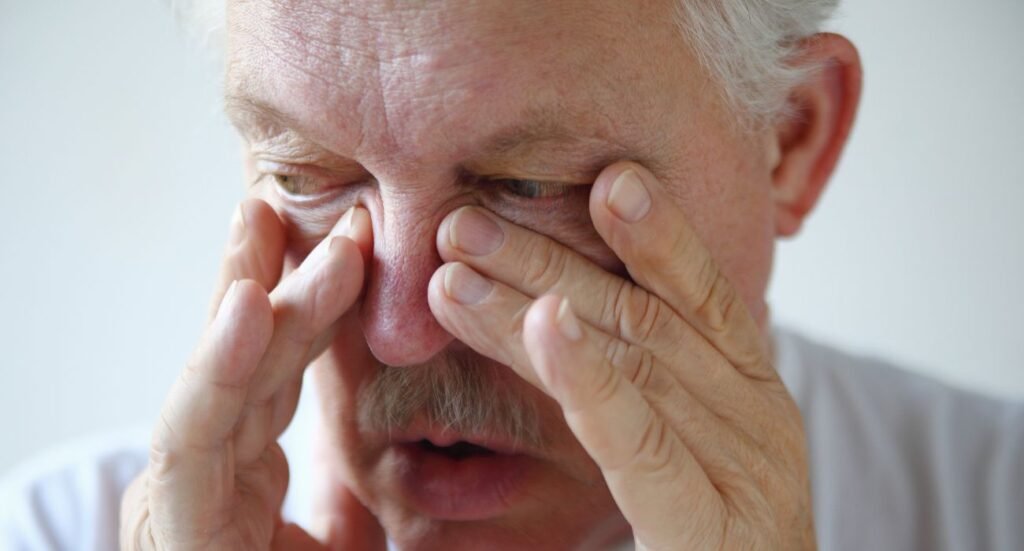
Nasal polyp
Nasal polyp in Unani medicine is understood as a cold, moist swelling (Waram) in the nasal passage due to imbalanced phlegmatic humor (Balgham). It is linked to poor digestion and chronic inflammation. Treatment includes the use of resolvent and astringent herbal formulations (Ilaj bil Dawa), dietary adjustments to reduce phlegm (Ilaj bil Ghiza), and regimental therapies like nasal cleansing and fumigation to shrink the growth.
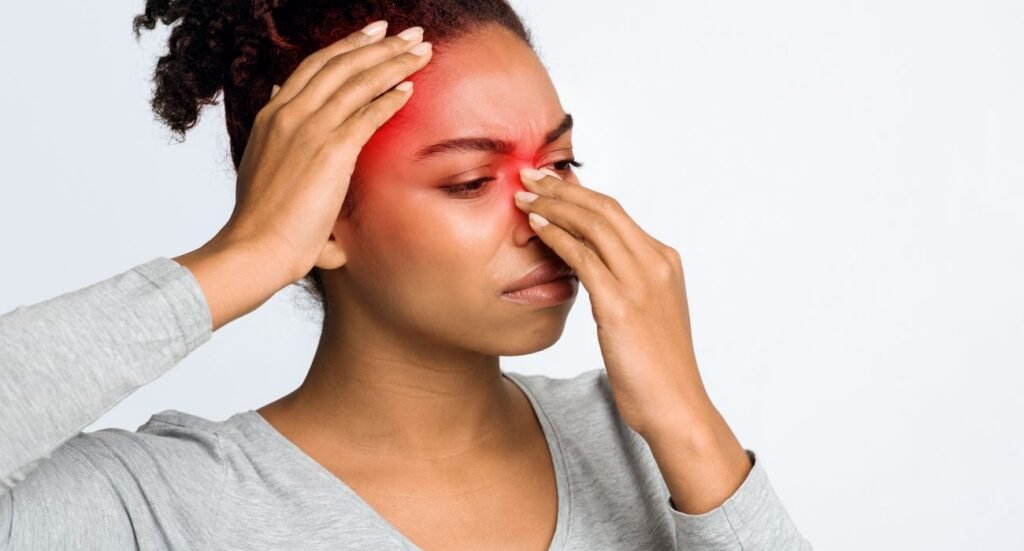
Sinusitis
Sinusitis in Unani medicine is viewed as inflammation of the sinuses due to accumulation of cold and moist humors (Balgham). It results in headache, nasal congestion, and post-nasal drip. Treatment includes herbal formulations to dissolve phlegm, steam inhalation, nasal drops (Saoot), and regimental therapies like Tadleek (massage) and Hijama (cupping) to clear blockages, reduce inflammation, and restore the balance of humors.
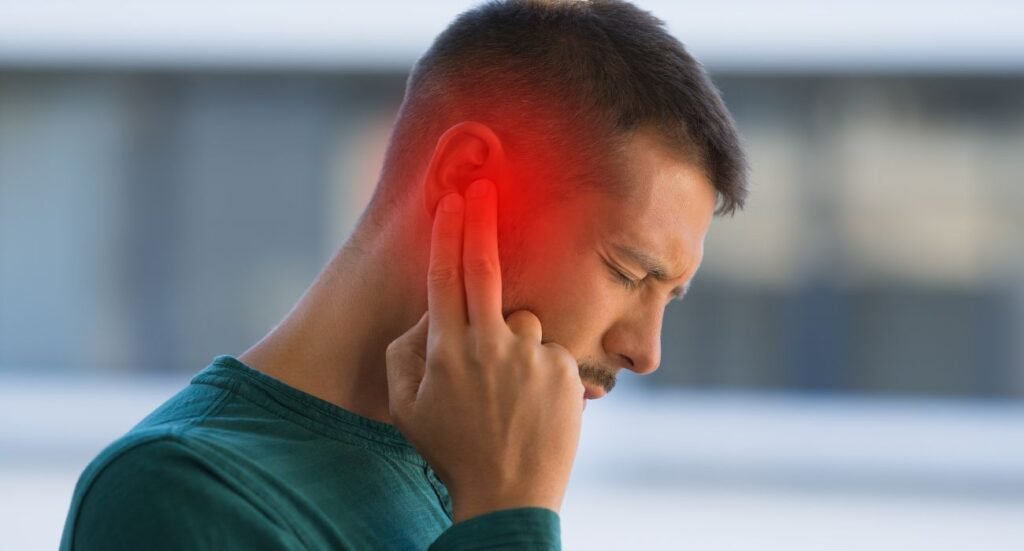
Tinnitus
Tinnitus, or ringing in the ears, is understood in Unani medicine as a result of imbalance in the humors, particularly excess heat or accumulation of morbid matter in the head. Treatment includes dietary adjustments (Ilaj bil Ghiza), herbal formulations (Ilaj bil Dawa), and regimental therapies like ear fumigation, oil drops, and head massage to relieve congestion, balance temperament, and restore normal auditory function.

Vertigo
Vertigo in Unani medicine, known as Dawar, is attributed to an imbalance in the brain’s temperament or accumulation of harmful substances affecting the nervous system. It may arise from excess heat, cold, or phlegm. Treatment includes dietary management, herbal formulations to strengthen the brain and nerves, regimental therapies like Hijama (cupping), Dalk (massage), and lifestyle modifications to restore balance and improve cerebral circulation.
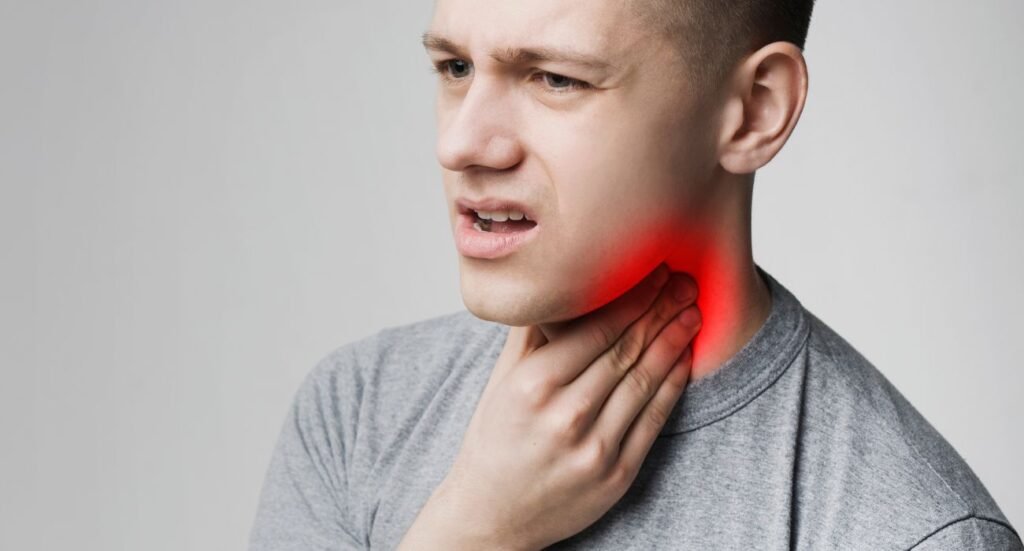
Tonsillitis
Tonsillitis in Unani medicine is viewed as an inflammation of the tonsils due to accumulation of Balgham (phlegm) and exposure to cold or unhealthy diet. Treatment includes herbal anti-inflammatory and demulcent remedies, gargles with medicated decoctions, dietary modifications (Ilaj bil Ghiza), and regimental therapies like steam inhalation. Strengthening the immune temperament is essential to prevent recurrence and support the body’s natural healing process.

Apthous ulcers (Mouth Ulcers)
Apthous Ulcers (Mouth Ulcers) in Unani medicine are attributed to an imbalance in the body’s temperament, often caused by excessive heat, poor digestion, or accumulation of harmful substances. Treatment includes cooling and healing herbal applications, gargles with decoctions like Mulathi and rose water, dietary changes to avoid spicy and acidic foods, and regimental therapies to cleanse and balance the internal humor (Akhlat).
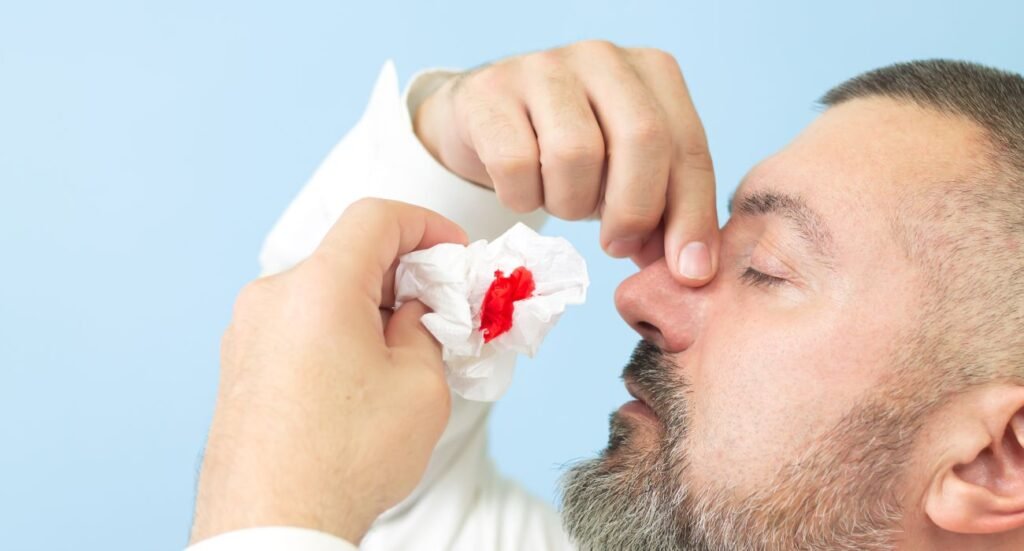
Epistaxis
Epistaxis (nosebleed) in Unani medicine is attributed to an excess of blood (Imtila) or heat (Hararat) in the body, leading to rupture of nasal vessels. Treatment involves cooling regimens, dietary control (Ilaj bil Ghiza), and use of astringent herbs to stop bleeding. Regimental therapies like cold compresses and nasal application of herbal preparations help restore balance and prevent recurrence by correcting the underlying temperament.
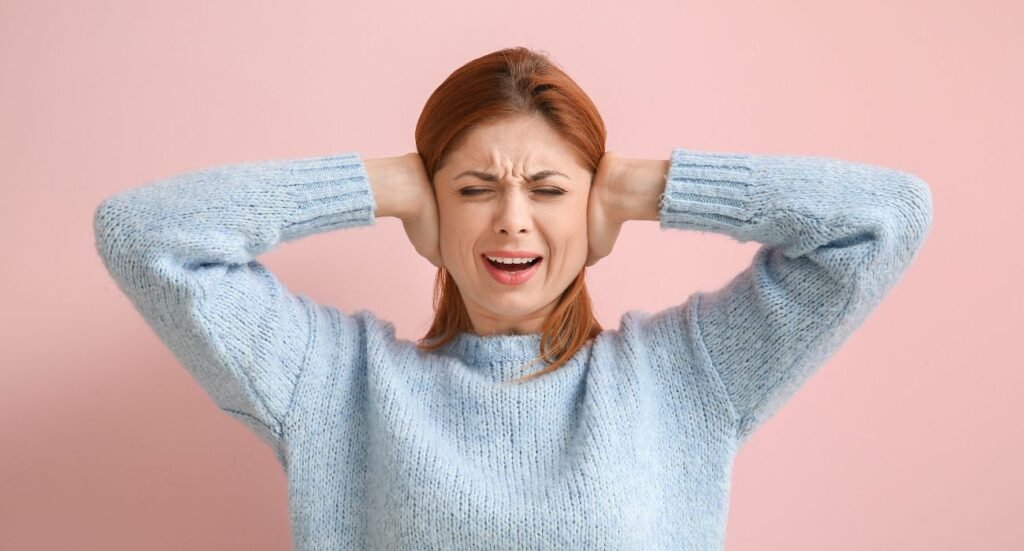
Meniere’s disease
Meniere’s disease in Unani medicine is linked to an imbalance in the brain and inner ear temperament, often due to accumulation of morbid humors affecting equilibrium. Symptoms like vertigo, tinnitus, and hearing loss are managed through detoxification, regimental therapy (Ilaj bil Tadbeer), and strengthening brain function with neurotonic herbs. Dietary regulation and lifestyle changes are also prescribed to restore harmony and prevent recurrence.
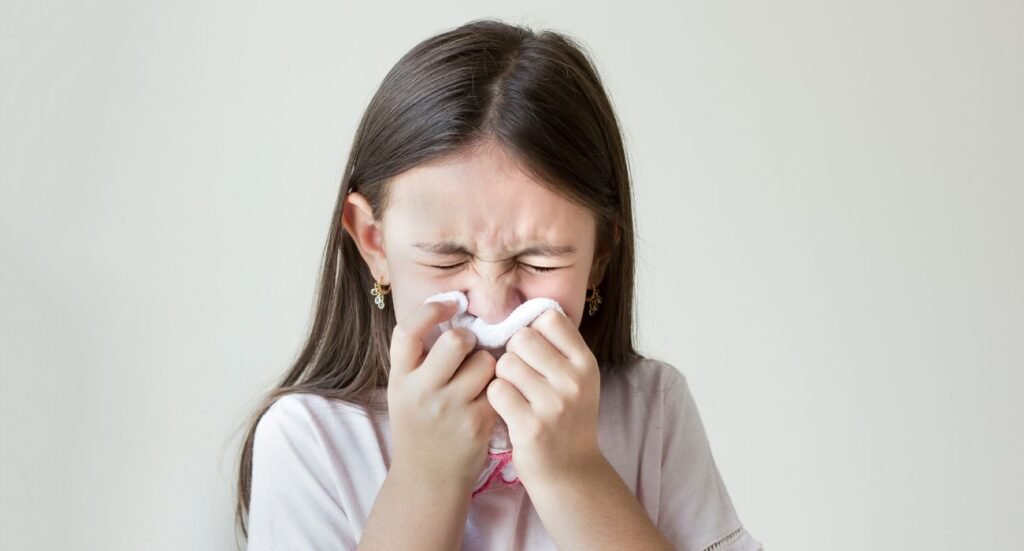
Allergic rhinitis
Allergic Rhinitis in Unani medicine is linked to an imbalance in the body’s temperament and excess accumulation of phlegm (Balgham). It is triggered by allergens affecting the respiratory tract. Treatment includes strengthening immunity, using anti-phlegmatic herbs (Ilaj bil Dawa), nasal cleansing, steam inhalation, and dietary modifications (Ilaj bil Ghiza). Regimental therapies like Nutool (medicated pouring) and Tanafus (inhalation) are also recommended for relief.
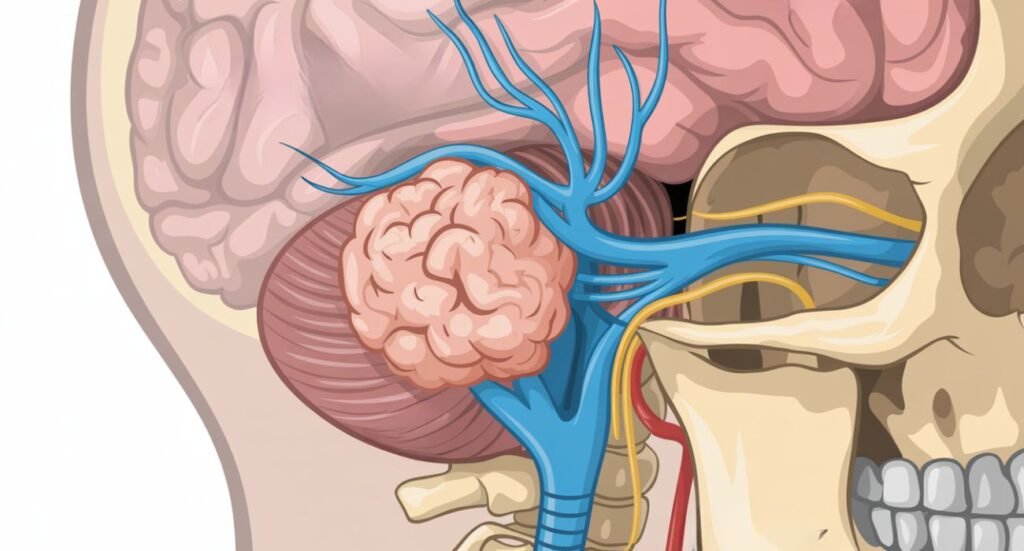
Acoustic neuroma
Acoustic neuroma in Unani medicine is understood as a result of imbalanced humors affecting the nerves and auditory system. It may be linked to accumulation of cold or moist temperament affecting nerve function. Treatment focuses on strengthening the nervous system using herbal tonics (Ilaj bil Dawa), improving circulation, and lifestyle regulation. Regimental therapies like massage and steam may help alleviate symptoms and restore equilibrium in temperament.
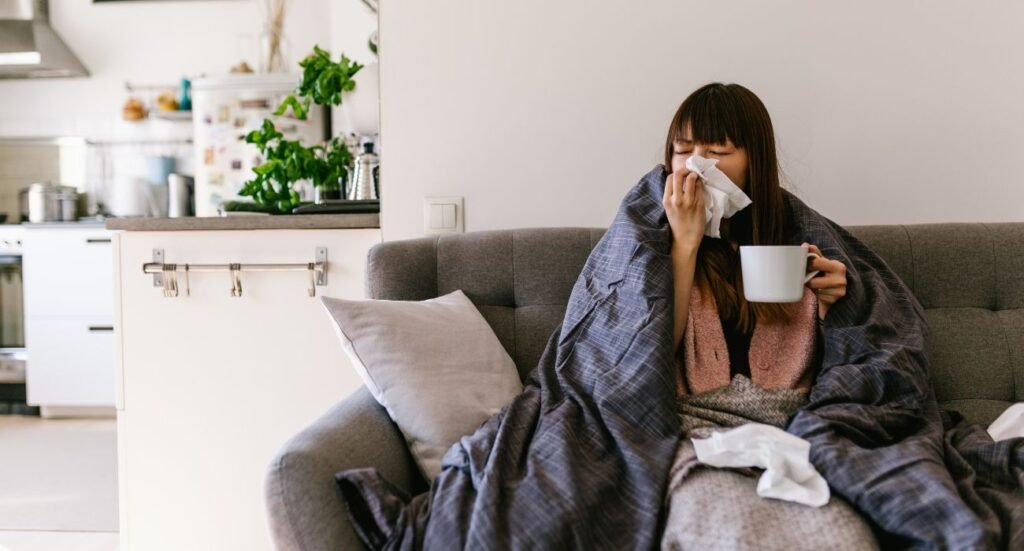
Chronic cold
Chronic cold refers to persistent or recurrent cold-like symptoms such as nasal congestion, runny nose, sneezing, or cough lasting for a long time. It is commonly caused by allergies, sinus problems, or a weakened immune response.
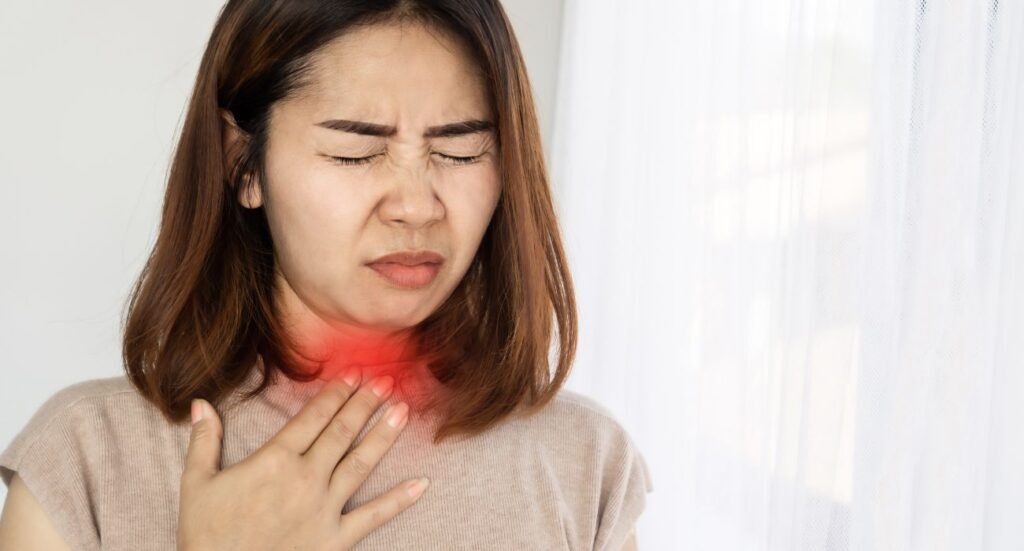
Sore throat
Sore throat in Unani medicine is attributed to an imbalance in the phlegmatic humor (Balgham) or exposure to cold and irritants. It is treated by using demulcent and anti-inflammatory herbs, gargles with herbal decoctions, steam inhalation, and dietary moderation. Unani emphasizes soothing the throat lining, reducing inflammation, and restoring the balance of humors through Ilaj bil Dawa and Ilaj bil Tadbeer (regimental therapy).
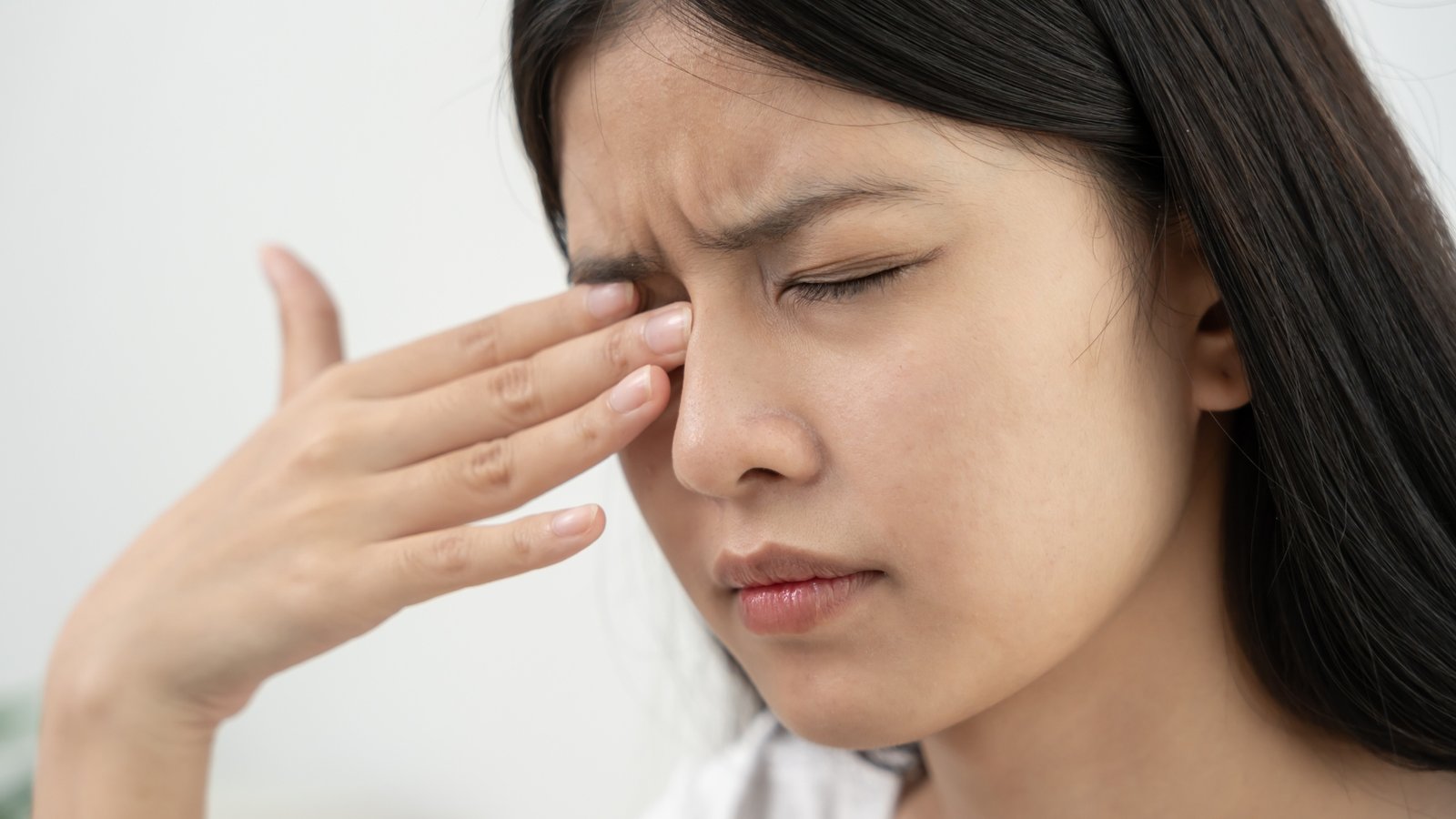
Dry eyes
Dry eyes is a condition where the eyes do not produce enough tears or the tears evaporate too quickly. It can cause burning, itching, redness, blurred vision, or a gritty sensation in the eyes.
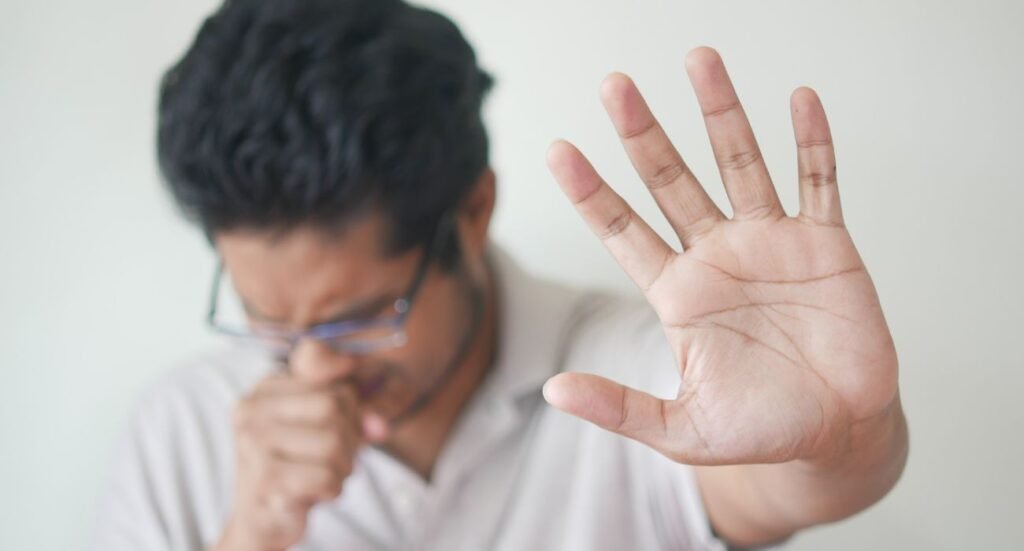
Seasonal Allergies
Allergy in Unani medicine is believed to arise from an imbalance in the body’s immune response, often due to an excess of certain humors or a weakness in the body’s defenses. Treatment focuses on restoring balance through dietary adjustments (Ilaj bil Ghiza), herbal remedies (Ilaj bil Dawa) to strengthen the immune system, and regimental therapies like cupping (Hijama) to remove excess morbid matter and enhance immunity.
